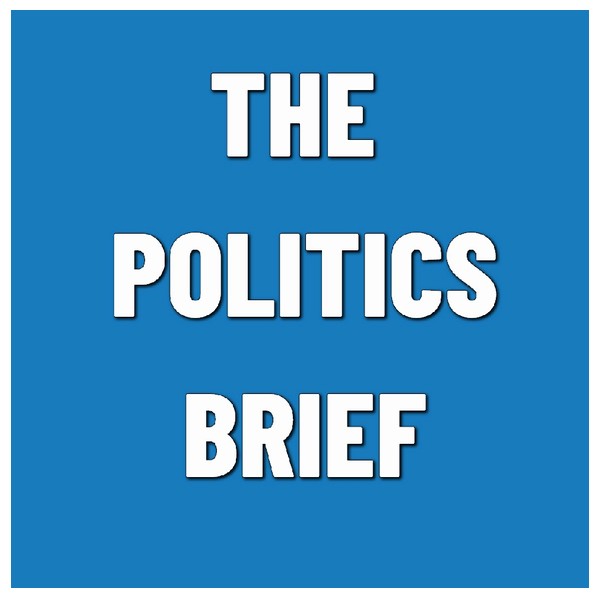Donald Trump’s Mar-a-Lago estate has been under scrutiny since August 2022, when the FBI allegedly failed to discover a “hidden room” during a search for classified documents.
ABC News reports that this undisclosed area, located in close proximity to the former president’s bedroom, attracted the attention of Special Counsel Jack Smith’s team.
Special counsel Jack Smith’s team has questioned several witnesses about a closet and a so-called “hidden room” inside former President Donald Trump’s residence at Mar-a-Lago that the FBI didn’t check while searching the estate in August 2022, sources familiar with the matter told ABC News.
As described to ABC News, the line of questioning in several interviews ahead of Trump’s indictment last year on classified document charges suggests that — long after the FBI seized dozens of boxes and more than 100 documents marked classified from Trump’s Mar-a-Lago estate — Smith’s team was trying to determine if there might still be more classified documents there.
According to sources, some investigators involved in the case came to later believe that the closet, which was locked on the day of the search, should have been opened and checked.
The team became aware of its existence subsequent to the conclusion of the federal agents’ search for subpoenaed classified materials.
FBI agents allegedly failed to discover a conceal
ed door in Trump’s bedroom, which was situated behind a television and bureau. This door provided access to an area predominantly utilized by maintenance personnel to retrieve cables.
The FBI’s initial inspection of the Palm Beach estate failed to uncover the presence of this concealed room and a locked closet, which cast doubt on the rigor of their investigation.
Former Justice Department national security official and former federal prosecutor Jordan Strauss described the FBI’s alleged failure to search the closet as “a little astonishing.”
“You’re searching a former president’s house. You [should] get it right the first time,” Strauss told ABC News.
Reliable sources claim that the FBI also did not search a “hidden room” connected to Trump’s bedroom, in addition to the wardrobe.
Meanwhile, far-left publication Salon is speculating that the FBI agents were “tipped off.”
The legal development will surely provide more basis to prolong the Trump classified documents case, which is already imperiled by other relevant findings.
America First Legal, a nonprofit led by former Trump adviser Stephen Miller, filed a six-page FOIA request seeking to learn more about a “secretive” information technology committee established by former President Barack Obama following a fall 2014 foreign cyberattack on an unclassified network serving the Executive Office of the President.
Between claims of two distinct hackings allegedly linked to the Russian government in late 2014 and spring 2015, Obama established a White House information technology director and an Executive Committee for Presidential Information Technology by executive order, the Washington Examiner recently reported.
Obama’s PITC directive from March 2015 established “exclusive control” over information resources supplied to the president, vice president, and EOP. Furthermore, it stated unequivocally that all data supplied to or derived from EOP systems are within the president’s supervision.
“Because of President Obama’s executive action, President Trump could reasonably have concluded that all information provided to him in office was within his exclusive control,” according to AFL’s letter to the FOIA Requester Service Center, which referenced the classified documents case led by special counsel Jack Smith.
After prosecutors brought a 37-count indictment against Trump in June, the former president pleaded ‘not guilty’ to his alleged mishandling of classified materials.
A superseding indictment with additional charges related to documents and two other co-defendants was returned by a grand jury in late July.
The former president “was not authorized to possess or retain those classified documents” that federal agents discovered at his Florida property after he left office in January 2021, according to Smith’s charges against Trump.
“But Obama’s PITC memo may have created a reasonable belief in President Trump that he, infact, had such authority,” according to an AFL press release. “Additionally, if the records Trump allegedly destroyed are still preserved within the EOP or the U.S. Department of Defense as part of PITC-created information systems, then other claims in the indictment may be baseless.”
“These explosive findings are consistent with America First Legal’s whitepaper contending that the President of the United States has absolute authority over presidential papers,” the legal group contended. “Neither Congress nor the federal courts may lawfully abrogate or limit this authority.”
As argued by the AFL’s Dr. Dan Epstein, this could imply the Department of Justice filed charges that do not comport with the law.
“Unlocking this secret of the Obama presidency is not only important for public transparency, it has clear implications for whether the government may have failed to disclose necessary information to the defendant as part of its prosecution of former President Trump – and this information may significantly affect the evidentiary support relied upon in indicting and continuing to prosecute a former President. The American people deserve to know the truth behind this secretive memo and how it has been used,” said Dr. Dan Epstein.
The Daily Caller News Foundation contributed to this report.
NOW READ:
‘Little Known’ Obama Directive Could be Gamechanger for Trump’s Classified Documents Case







